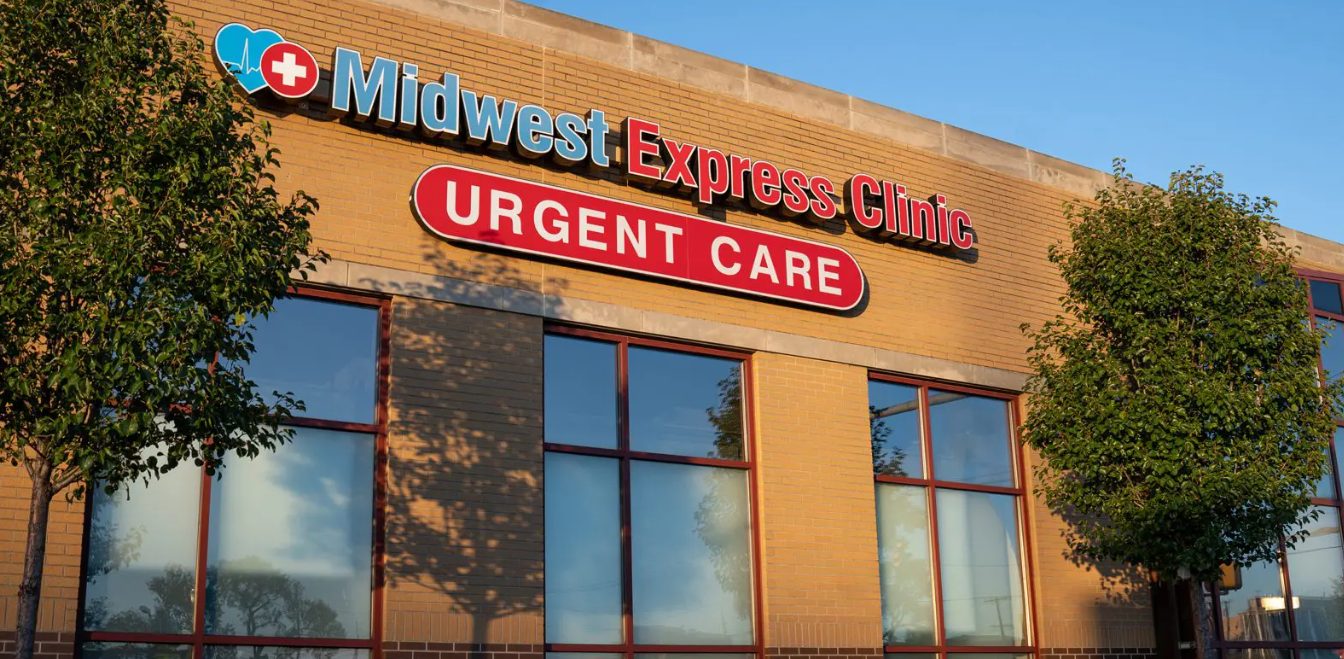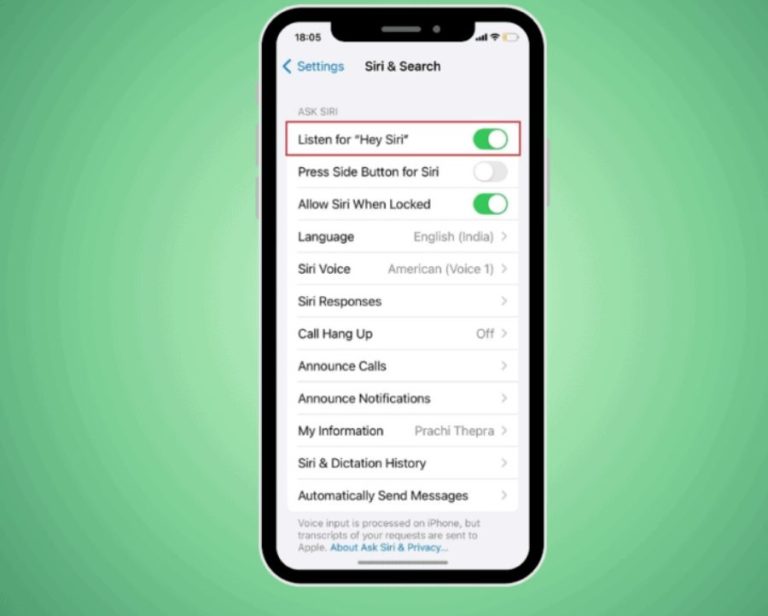Contents
Understanding HMO Plans
An HMO is a type of health insurance plan that offers comprehensive medical coverage through a network of healthcare providers. Under an HMO, you typically select a primary care physician (PCP) who coordinates your care and provides referrals to specialists within the network when needed. While HMOs offer cost-effective healthcare solutions, they also come with certain restrictions, including the need for referrals and limited coverage for out-of-network providers.
The Role of Urgent Care Centers
Urgent care centers bridge the gap between primary care physicians and emergency rooms. They provide immediate medical attention for non-life-threatening conditions such as minor injuries, infections, and allergic reactions. These centers offer extended hours, often including evenings and weekends, making them an ideal option when your PCP is unavailable or when you need prompt medical care.
Finding Urgent Care that Accepts HMO
While urgent care centers are a valuable resource, finding one that accepts your HMO plan requires careful consideration. Not all urgent care centers participate in HMO networks, and visiting an out-of-network provider may result in higher out-of-pocket costs or even denial of coverage. Therefore, it’s essential to verify that the urgent care center you choose is within your HMO’s network before seeking treatment.
Here are some strategies to find urgent care that accepts HMO:
- Contact Your HMO: The most reliable way to find in-network urgent care centers is to contact your HMO directly. They can provide you with a list of participating providers in your area.
- Check Your HMO’s Website: Many HMOs have online directories or search tools that allow you to find in-network providers, including urgent care centers.
- Ask Your PCP: Your primary care physician can often recommend in-network urgent care centers for situations when they are unavailable.
- Use Online Search Tools: Several online platforms and directories allow you to search for healthcare providers by location, specialty, and insurance plan. Ensure you filter your search results to include only in-network providers.
Benefits of Choosing In-Network Urgent Care
Opting for an in-network urgent care center when you have an HMO plan offers several advantages:
- Lower Costs: In-network providers have negotiated rates with your HMO, which typically translates to lower out-of-pocket costs for you.
- Coverage Assurance: Visiting an in-network provider ensures that your treatment is covered by your insurance plan, reducing the risk of unexpected medical bills.
- Coordinated Care: In-network providers can access your medical records and communicate with your PCP, facilitating seamless care coordination.
- Peace of Mind: Knowing that you are receiving care from a trusted provider within your HMO’s network can provide peace of mind and alleviate stress during a medical situation.
When to Seek Urgent Care
Urgent care centers are equipped to handle a wide range of non-emergency medical conditions. Consider seeking urgent care for situations such as:
- Minor injuries (sprains, strains, minor cuts, and burns)
- Infections (ear infections, sinus infections, urinary tract infections)
- Allergic reactions
- Flu-like symptoms
- Respiratory problems
- Abdominal pain
- Headaches and migraines
- Skin rashes and infections
Remember, urgent care centers are not a substitute for emergency rooms. If you are experiencing a life-threatening emergency, such as chest pain, difficulty breathing, or severe bleeding, call 911 or go to the nearest emergency room immediately.
Preparing for Your Urgent Care Visit
To ensure a smooth and efficient urgent care experience, it’s helpful to prepare in advance. Here are some tips:
- Gather Your Information: Bring your insurance card, identification, and any relevant medical records or medications.
- Be Prepared to Explain Your Symptoms: Clearly articulate your symptoms and any recent medical history to the healthcare provider.
- Ask Questions: Don’t hesitate to ask questions about your diagnosis, treatment options, and any follow-up care recommendations.
- Follow Instructions: Carefully follow any instructions provided by the healthcare provider regarding medications, wound care, or follow-up appointments.
Navigating Out-of-Network Urgent Care
In some cases, you may find yourself needing urgent care in a situation where an in-network provider is not readily available. While visiting an out-of-network urgent care center may be necessary in certain circumstances, it’s important to be aware of the potential financial implications.
Out-of-network providers may not have negotiated rates with your HMO, which could result in higher out-of-pocket costs. Additionally, your HMO may only cover a portion of the treatment costs, leaving you responsible for the remaining balance.
If you find yourself needing out-of-network urgent care, consider the following:
- Contact Your HMO: Inform your HMO about your situation and inquire about their policies regarding out-of-network urgent care.
- Request Pre-Authorization: In some cases, your HMO may require pre-authorization for out-of-network treatment.
- Negotiate with the Provider: If possible, try to negotiate the cost of treatment with the out-of-network provider.
- Keep Detailed Records: Maintain detailed records of all treatment and expenses for potential reimbursement from your HMO.
The Importance of Preventive Care
While urgent care centers provide valuable services for unexpected health issues, preventive care remains a cornerstone of maintaining good health and well-being. Regular checkups with your PCP, screenings, and vaccinations can help identify and address potential health problems before they become urgent. By prioritizing preventive care, you can reduce the need for urgent care visits and ensure optimal health outcomes.
Conclusion
When you have an HMO plan, finding urgent care that accepts HMO is crucial for accessing timely and affordable medical care. By following the strategies outlined in this article, you can navigate the healthcare landscape with confidence and ensure that you receive the care you need when unexpected health issues arise. Remember, prioritizing preventive care and maintaining open communication with your PCP can help you stay on top of your health and minimize the need for urgent care visits.
Read More: Will Medicaid Pay for Life Alert? A Comprehensive Guide







